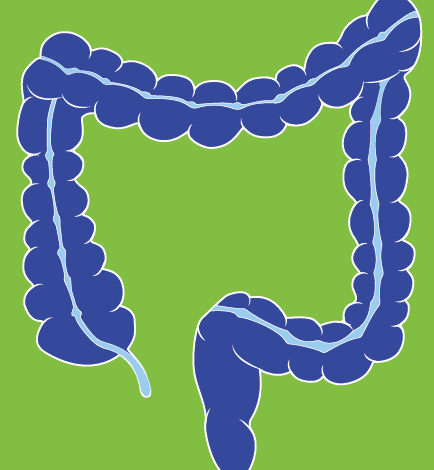May was declared as National Asthma and Allergy Awareness Month over 35 years ago by the Asthma and Allergy Foundation of America (AAFA). This month is not just a time for education and awareness for families, it is also the peak season for people who have asthma and allergies.
About 19 million adults and 6.2 million children have asthma, that is nearly 25 million Americans. Over 20,000 adults and over 6,500 children in Mercer County currently have asthma, compared to an estimated 8.8% of adults and 8.7% of children diagnosed with asthma in New Jersey. These number reveal just how many families and communities have asthma; however, they do not show the overall impact. African Americans and Hispanics living in underserved urban communities have the highest rates of uncontrolled asthma, Emergency Department use, and hospitalizations compared to whites. In light of the coronavirus, it is important now more than ever to get help managing your asthma to stay healthy and prevent asthma flare-ups, which can be life threatening.
What is Asthma?
Asthma is a chronic disease that needs care over time. Asthma causes your airways to become inflamed and constricted, which makes it hard to breathe. Asthma cannot be cured, but can be controlled with proper care. The best way to manage asthma is to care for it over time, even if you don’t have symptoms. It is important to see your healthcare provider as often as recommended, but at least twice a year, and follow the Asthma Treatment Plan that is established for you.
How is Asthma Diagnosed?
You can expect your healthcare provider to:
- Take a detailed medical history, ask about your symptoms, allergies
- Perform a physical exam, including listening to lung sounds
- Lung function tests, X-Rays, blood and allergy testing may be ordered
- Refer you to a specialist if necessary, such as a pulmonologist or allergist
Your healthcare provider will establish an Asthma Treatment Plan based on your asthma severity and specific triggers. It is important to take an active role in developing and following your treatment plan.
What are Symptoms of Asthma?
Common symptoms include coughing, shortness of breath, wheezing and chest tightness.
It is important to remember that you have asthma even if you don’t currently have symptoms.
Often, asthma symptoms appear when you are exposed to a trigger. A trigger is something you are sensitive to that makes your airways become inflamed. Asthma triggers include smoke, including secondhand smoke, colds and flu, pollen, chemical fumes, poor air quality days, extreme weather changes, seasonal changes, dust mites, strong emotion and exercise.
Is there Treatment for Asthma?
Yes! The good news is that with proper care, asthma can be managed and controlled, which will improve the health and quality of life for the person with asthma. If you or someone you know has asthma, make an appointment with your healthcare provider without delay. There has never been a more important time to take charge of your health and manage your asthma.
What resources are available for information about asthma?
Consult a Certified Asthma Educator (AE-C) A Certified Asthma Educator is a professional with knowledge and expertise in asthma management that can help you to learn how to manage your asthma. You can find an AE-C near you by checking the National Asthma Educator Certification Board.
For more asthma education and resources visit, Asthma and Allergy Foundation, Association of Asthma Educators, Allergy & Asthma Network, and Pediatric/Adult Asthma Coalition.





